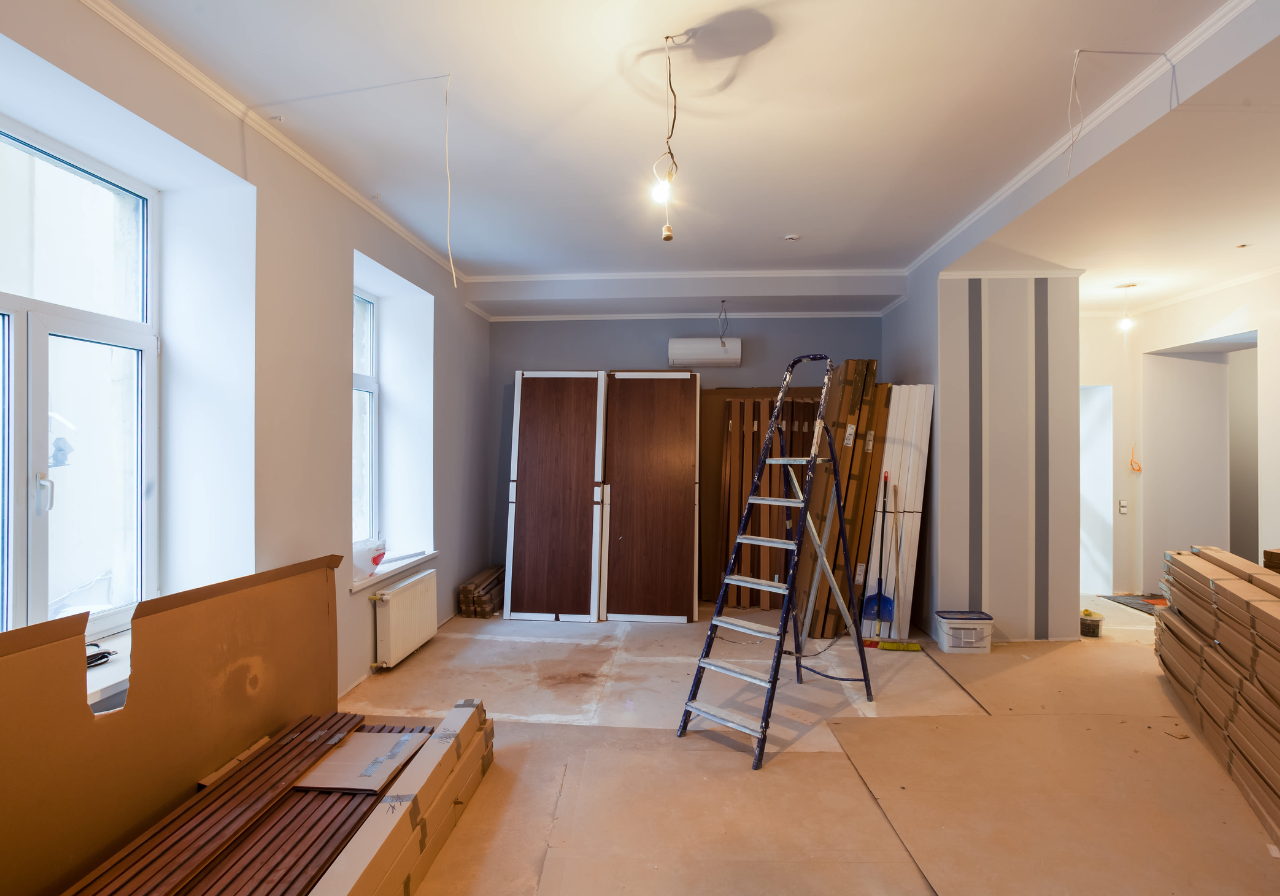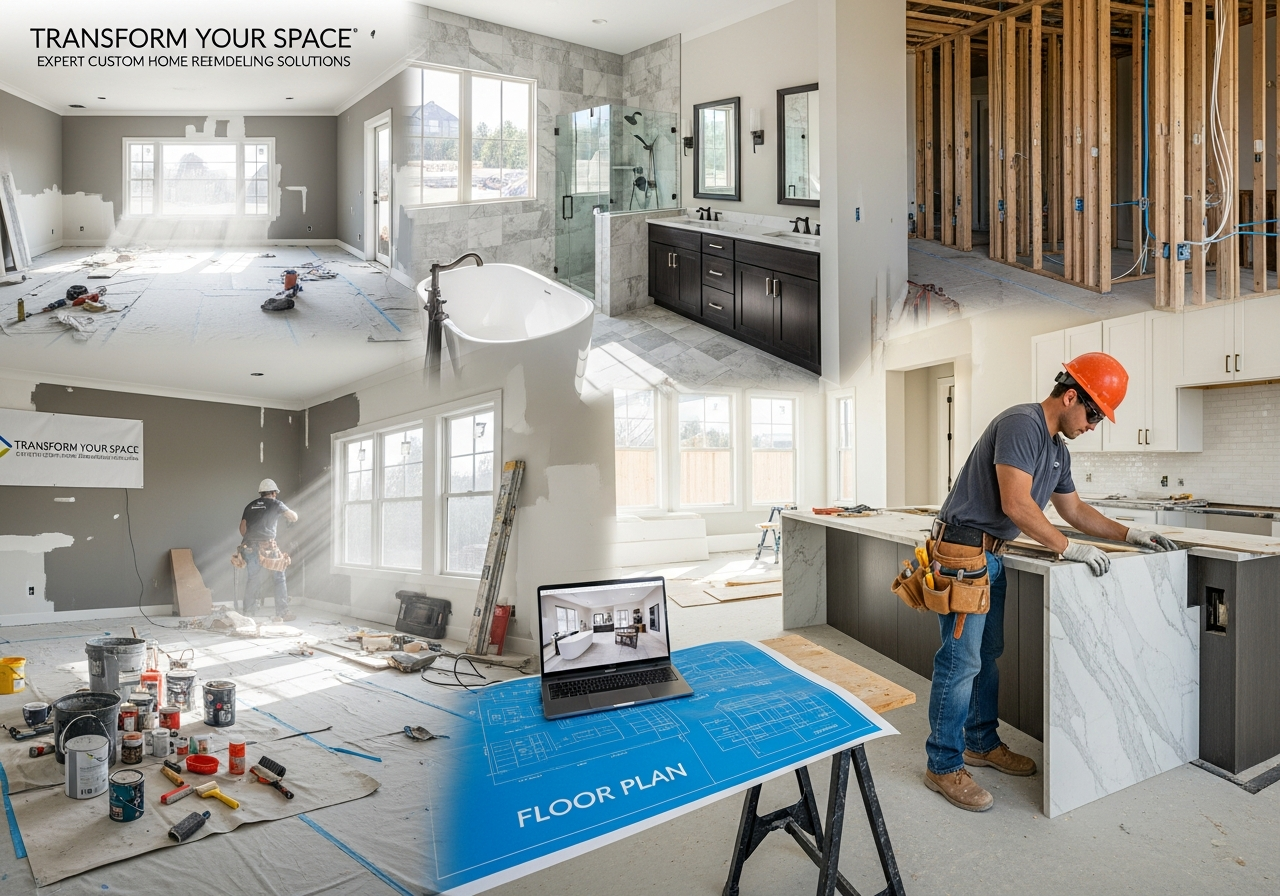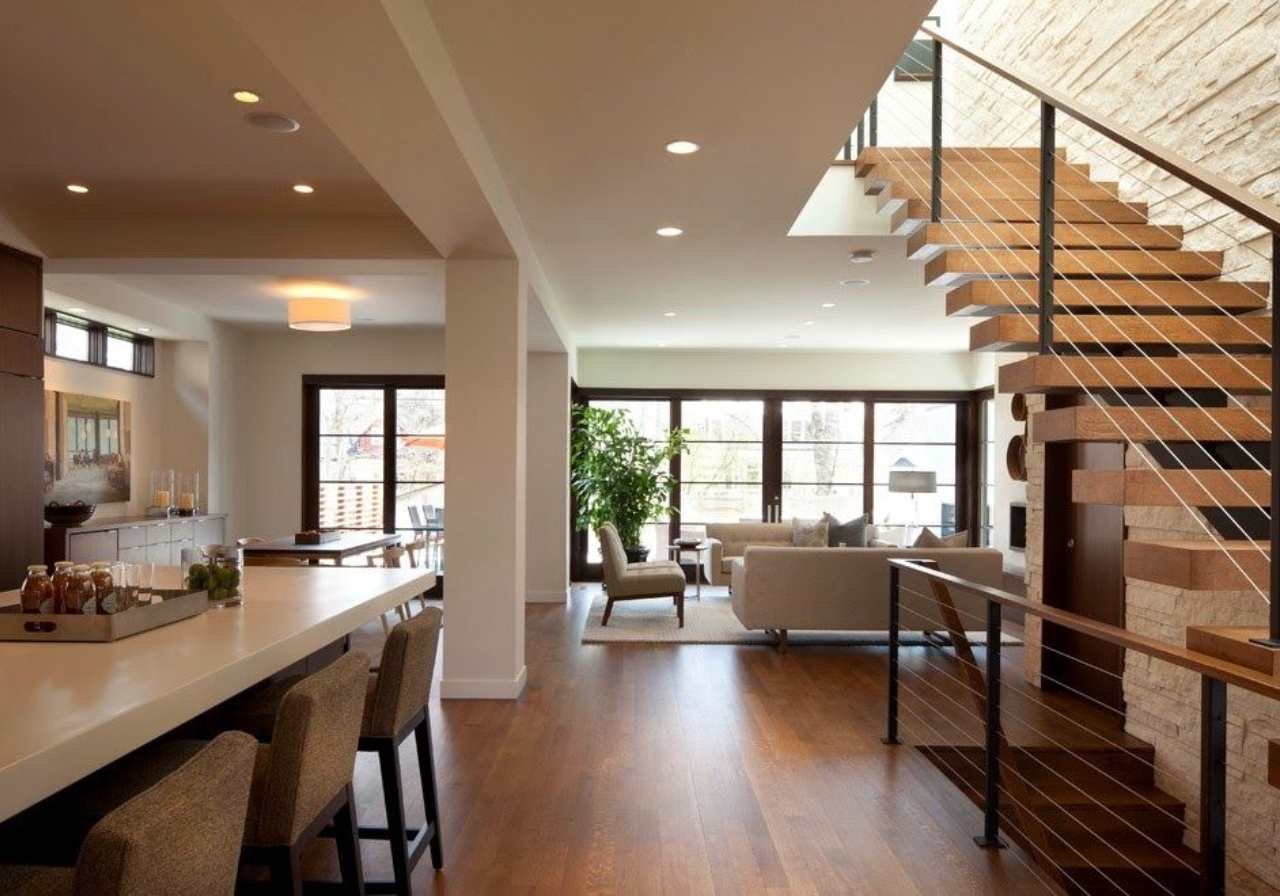Renovating a historic property in Massachusetts is both a privilege and a responsibility. A historic home renovation requires more than just design vision, it demands a deep understanding of preservation laws, local commission rules, and the permit process that safeguards the state’s architectural heritage. From securing historic district renovation permits to obtaining a certificate of appropriateness, MA, homeowners must navigate a structured approval process that ensures any changes honor the property’s historic character while meeting modern safety and building standards.
What Permits Are Required for a Historic Home Renovation in Massachusetts?
The permit process for historic properties in Massachusetts is more complex than for standard renovations. Properties located within a designated historic district or listed on the National Register of Historic Places are subject to local preservation commission rules under Massachusetts General Laws, Chapter 40C. This means that before any exterior work visible from a public way can begin, homeowners must apply for a certificate of appropriateness MA from their local Historic District Commission.
The commission reviews proposed changes to ensure they align with historic restoration guidelines. This includes evaluating materials, architectural details, and the overall impact on the property’s historic integrity. In many cases, additional permits, such as building, zoning, or environmental approvals, are also required, especially if the property is near wetlands or coastal areas.
Understanding Historic District Renovation Permits
A historic district renovation permit is not a single document but a combination of approvals. The process typically begins with determining whether the property is in a local or state-recognized historic district. If it is, the homeowner must submit detailed plans, photographs, and material samples to the Historic District Commission.
The commission may require public hearings, giving neighbors and preservation advocates an opportunity to comment. Approval timelines vary, but most commissions meet monthly, and complex projects can take several months to gain full approval. This is why early planning is critical for anyone renovating old homes in Massachusetts.
How Does the Certificate of Appropriateness Process Work?
The certificate of appropriateness MA is the cornerstone of the historic renovation permit process. It confirms that the proposed work is suitable for the historic district and will not detract from the property’s architectural significance.
Applicants must provide:
- Scaled site plans and architectural drawings
- Detailed descriptions of materials and finishes
- Photographs of existing conditions
- Color samples and product specifications
Once submitted, the Historic District Commission reviews the application in a public meeting. They may approve, approve with conditions, or deny the request. If denied, applicants can revise and resubmit or appeal to the Superior Court.
Local Preservation Commission Rules and Their Impact
Each Massachusetts municipality with a historic district has its own preservation commission, and their rules can differ significantly. For example, Boston’s Beacon Hill Architectural Commission has strict guidelines on window replacements, while Cape Cod towns like Chatham and Sandwich focus heavily on siding materials and rooflines.
These local preservation commission rules are designed to maintain the visual harmony of historic neighborhoods. They often prohibit modern materials like vinyl siding or aluminum windows in favor of historically accurate wood or composite alternatives. This is where working with experienced contractors familiar with historic restoration guidelines becomes invaluable.
Common Challenges in Historic Home Renovation
One of the most common challenges is balancing modern functionality with historic authenticity. For example, upgrading insulation or installing energy-efficient windows must be done in a way that preserves the home’s original appearance. In some cases, homeowners face the decision to restore or Replace Historic Windows, weighing energy savings against preservation priorities.
Another challenge is the extended timeline. Because multiple approvals are often required, projects can take longer to start. Budgeting for potential delays and additional design revisions is essential.
Typical Permits and Approvals for Historic Home Renovations in Massachusetts
Why Early Consultation Matters
Engaging with the Historic District Commission early in the design process can save time and money. Preliminary reviews allow homeowners to get feedback before investing in full architectural plans. This proactive approach also helps identify potential conflicts with historic district renovation permits before they become costly obstacles.
Key Entities Involved in Massachusetts Historic Home Renovations
Historic Restoration Guidelines Every Homeowner Should Know
Historic restoration guidelines in Massachusetts emphasize the preservation of original materials and craftsmanship. This includes repairing rather than replacing historic elements whenever possible. For example, original wood clapboards should be repaired and repainted instead of replaced with synthetic siding.
These guidelines also encourage the use of historically accurate colors, profiles, and textures. Even small details, such as the width of trim boards or the style of porch railings, can influence whether a project is approved.
How to Prepare a Strong Permit Application
A strong application for a historic home renovation permit includes thorough documentation and a clear explanation of how the project meets preservation standards. Homeowners should:
- Hire an architect or contractor experienced in historic preservation
- Provide side-by-side comparisons of existing and proposed conditions
- Include historical research or photographs to justify design choices
This level of preparation demonstrates respect for the property’s history and increases the likelihood of approval.
Conclusion
Navigating the Massachusetts historic home renovation permit process requires patience, preparation, and a commitment to preserving the state’s architectural heritage. From securing a certificate of appropriateness MA to complying with local preservation commission rules, each step ensures that historic properties retain their character for future generations. By understanding the requirements for historic district renovation permits and following historic restoration guidelines, homeowners can achieve a successful renovation that blends modern comfort with timeless charm.
For expert guidance and hands-on experience in renovating old homes in Massachusetts, 3D Home Improvements proudly offers specialized services to help you honor the past while building for the future.
FAQs
Do all historic homes in Massachusetts require a certificate of appropriateness?
Only properties within designated local historic districts or subject to local preservation bylaws require this certificate for exterior changes visible from a public way.
How long does it take to get historic district renovation permits?
Timelines vary, but most commissions meet monthly, and complex projects can take several months to approve.
Can I replace my historic windows with modern ones?
It depends on local rules. Many commissions encourage repair over replacement, but if replacement is necessary, historically accurate designs are often required.
Are interior renovations subject to historic commission review?
Generally, no, unless the interior is specifically protected by local ordinance or the work affects the exterior appearance.
What happens if I renovate without the proper permits?
You may face fines, be required to undo the work, and encounter delays in selling the property.





